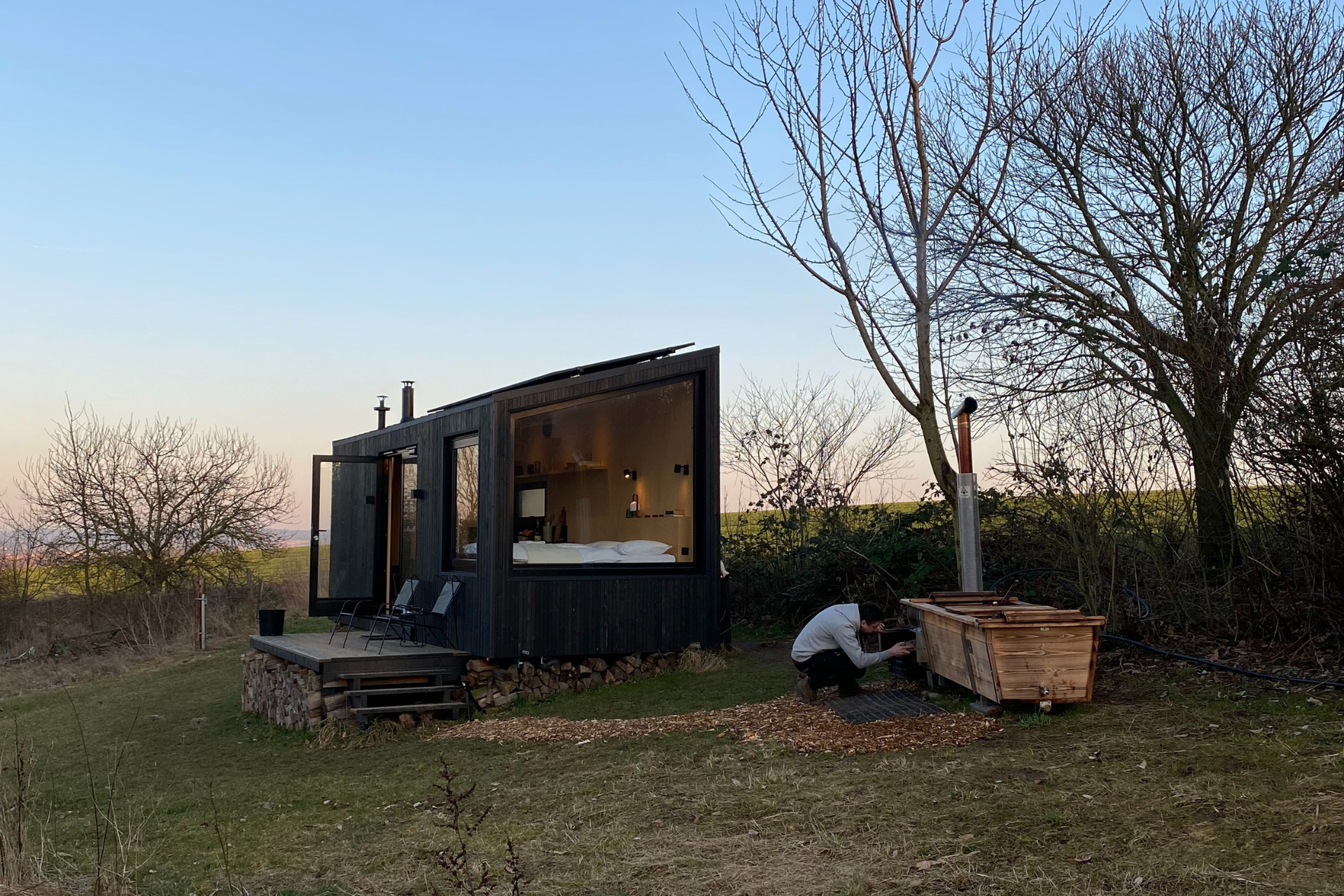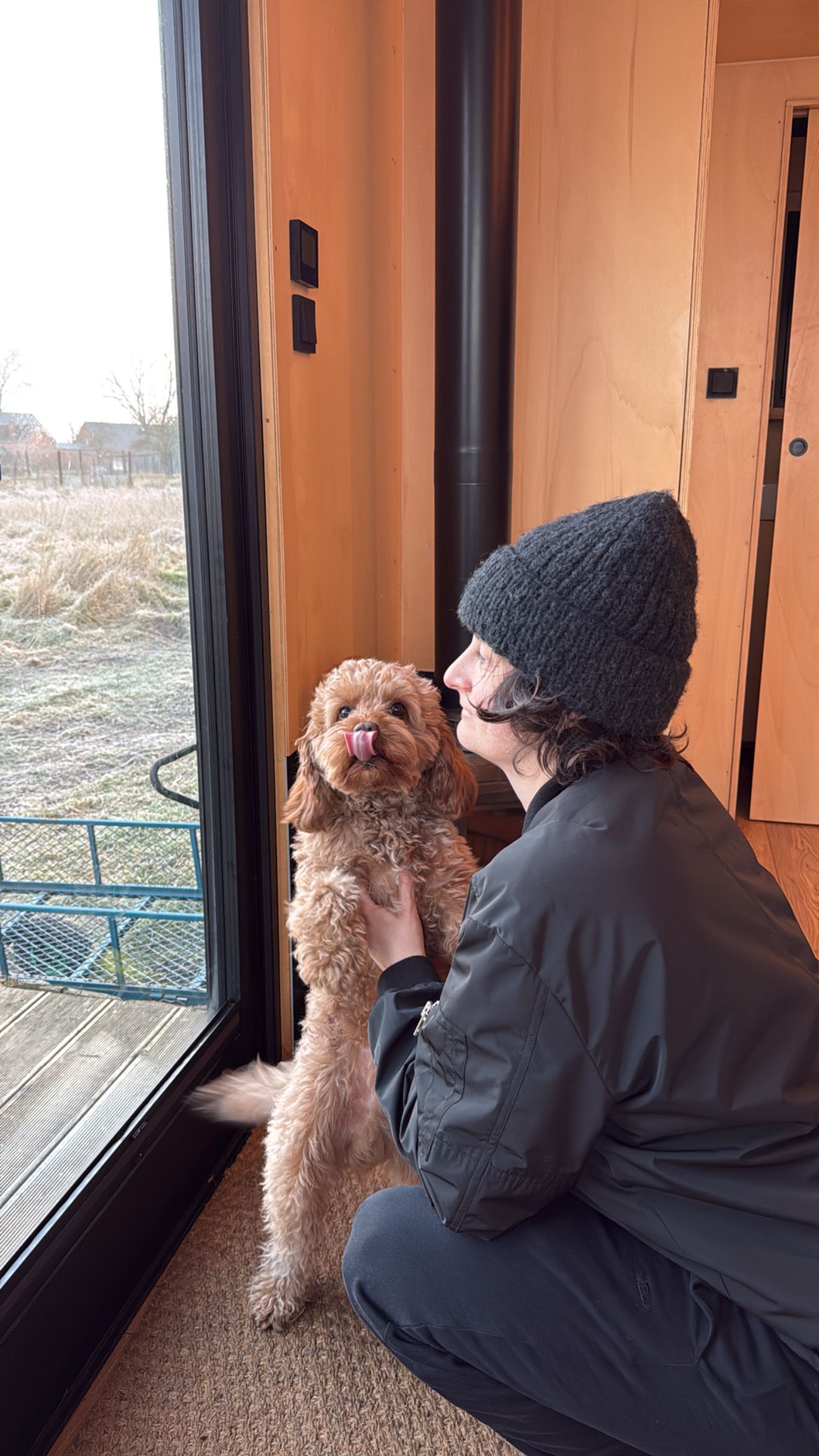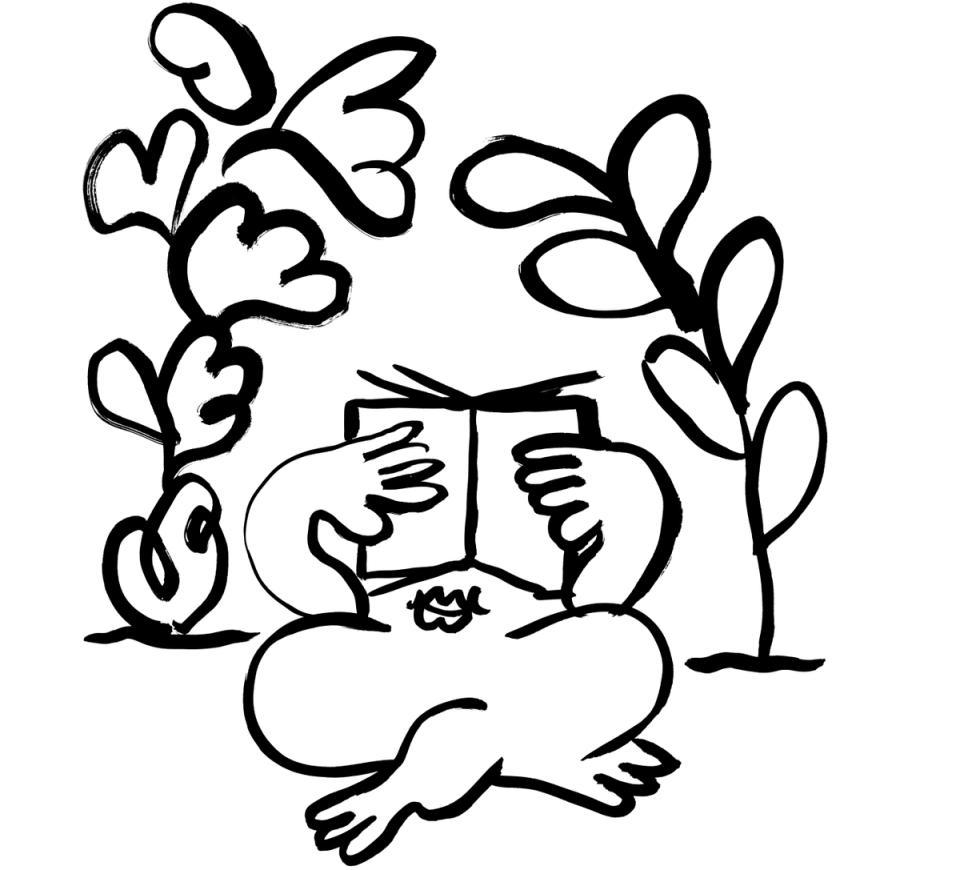Perspectives
It’s okay to be bored
It’s cool to be bored. There, we said it. Some might say it’s even good for you. But it took a little bit of unlearning to get here.
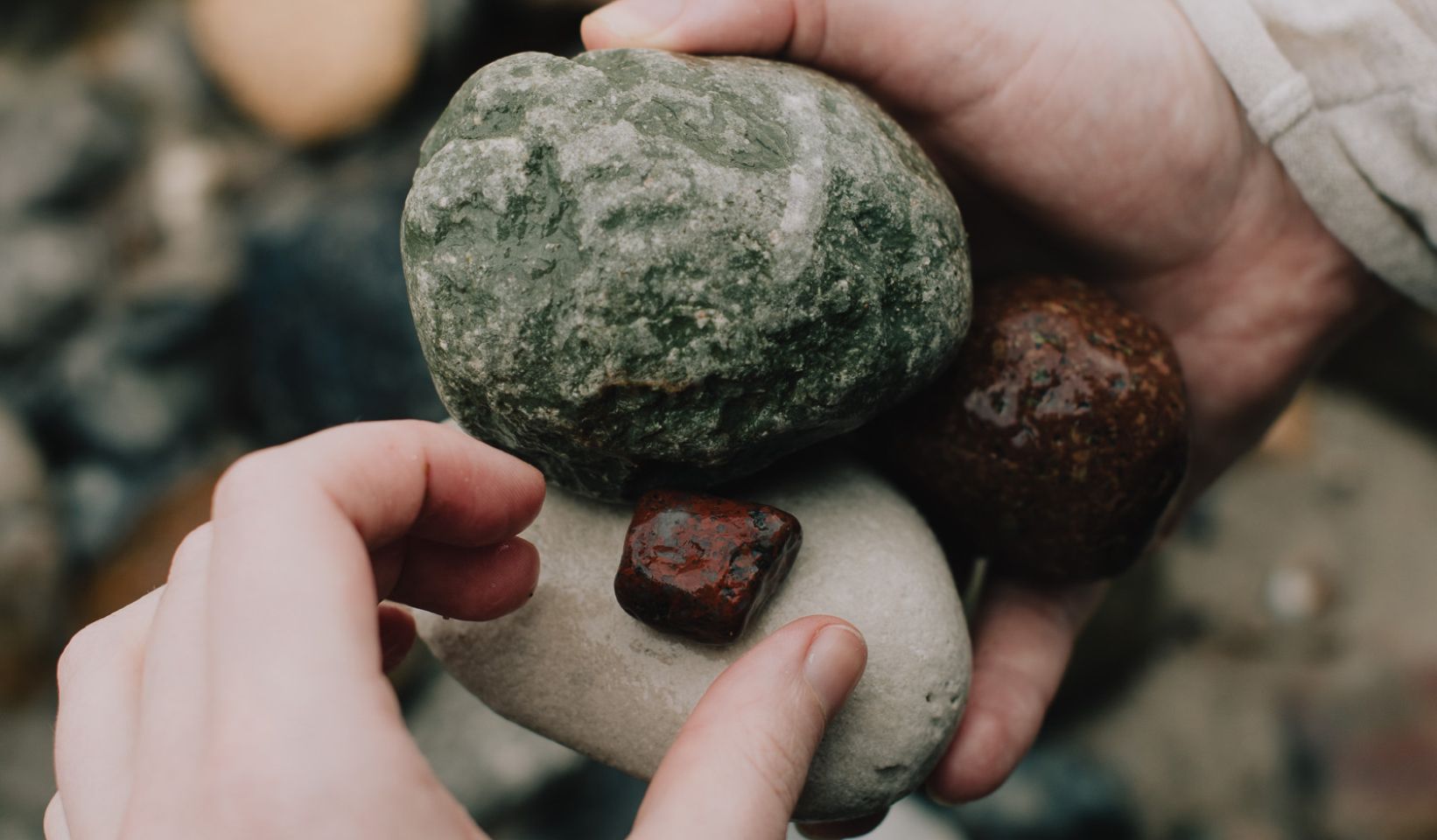
For a long time, being bored was not okay. You might remember, way back in school, that if you complained about not having anything to do, you were the problem? Even now, as an adult, in a professional setting, idleness is frowned upon.
So how did boredom get such a bad rep?
We live in a society where time is measured by output. Producing, developing, or doing something productive with your time, is considered good. Doing nothing with your time is viewed as bad, or even considered a waste of it. Imagine that?
After all, time is money in western, late-capitalist society.
Being bored is a luxury.
Think about it, when was the last time you were truly bored?
In a world where visual distractions are plenty, being bored is almost counterintuitive. You might even say it is a counter-culture. That’s because boredom is resisting the attention economy, as author Jenny Odell describes it. You know, the one where scrolling and likes are the currency.
Instead, when you are bored, you are accepting that in the present moment there is not something more worthy of your time, no obligations, no duties, just time to think about nothing…
Boredom means that you are not preoccupied with tasks. You don't feel the pressure or urgency to get things done. The to-do lists disappear, even if it is momentarily.
In essence, boredom is stillness. The very thing we seek when we are overstimulated.
Even the disillusioned philosopher Heidegger believed that boredom helped us better understand our very existence.
That is why we take the road less traveled here at Raus. Literally and figuratively. We encourage you to be bored. Heck, we even say lean into it.
When we are bored, we pay attention to the small things. Like our breath. The way it feels to be still. All of which can be relaxing and even healing for our mental and physical health. Especially if you have a 9–5 job, maintain some semblance of social life, exercise, etc.
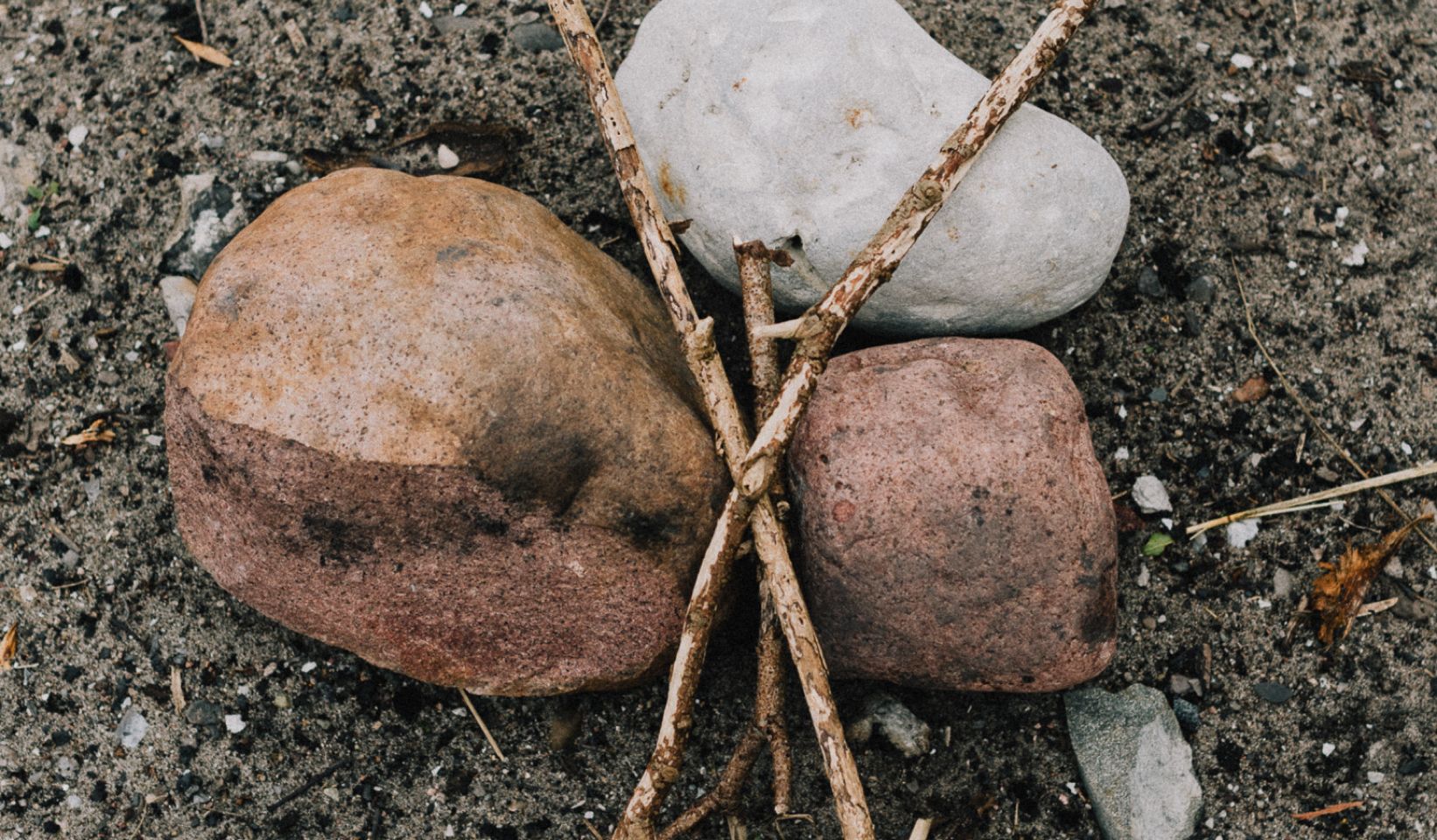
Listen, boredom can even be a positive conductor for creativity.
According to a study by the British Psychological Society, “boredom enabled creativity and problem-solving – it allowed the mind to wander and daydream. In the absence of external stimulation, we use our and think in different ways.”
If you meditate, then you might be familiar with this type of flow state, as some like to call it. It’s when the outside world fades into the background and you have more space to connect with your thoughts.
In Glennon Doyle‘s book “Untamed” she talked about it being “the quiet place”. Where pure ideas are born.
In this state, your mind is calm and undistracted, allowing a clearer connection to your thoughts and feelings … and it’s in this place that creative thinking thrives.
Your thoughts are more playful and uninhibited here. Completely unique to you and your experiences. New and original thoughts form the very essence of creativity.
Groovy, right?
So, if you're like, okay, I get the argument about being bored, how do I do it?
We have a fun, not-so-serious, step-by-step guide to get you bored.
Step 1: Find something to do that you consider a chore. If you are staying with Raus, we suggest making the bed, collecting firewood for a fire, cleaning dishes, anything that you can do mindlessly, without thinking.
Step 2: Let the feeling of zoning out wash over you. Stare into the vastness of nature, draw circles in the dirt, blow suds in the water, do the absentmindedness without intent.
Step 3: Okay, if you're not bored by now, then repeat steps 1–2 over again, and again, and again…
If you’re looking for some book recommendations while staying with Raus on the topic of boredom, doing nothing, and just being, we would love to suggest the following reads:
- Judea Pearl, The Book of Why: The New Science of Cause and Effect
- Eva Hoffman, How to Be Bored (The School of Life, Volume 4)
